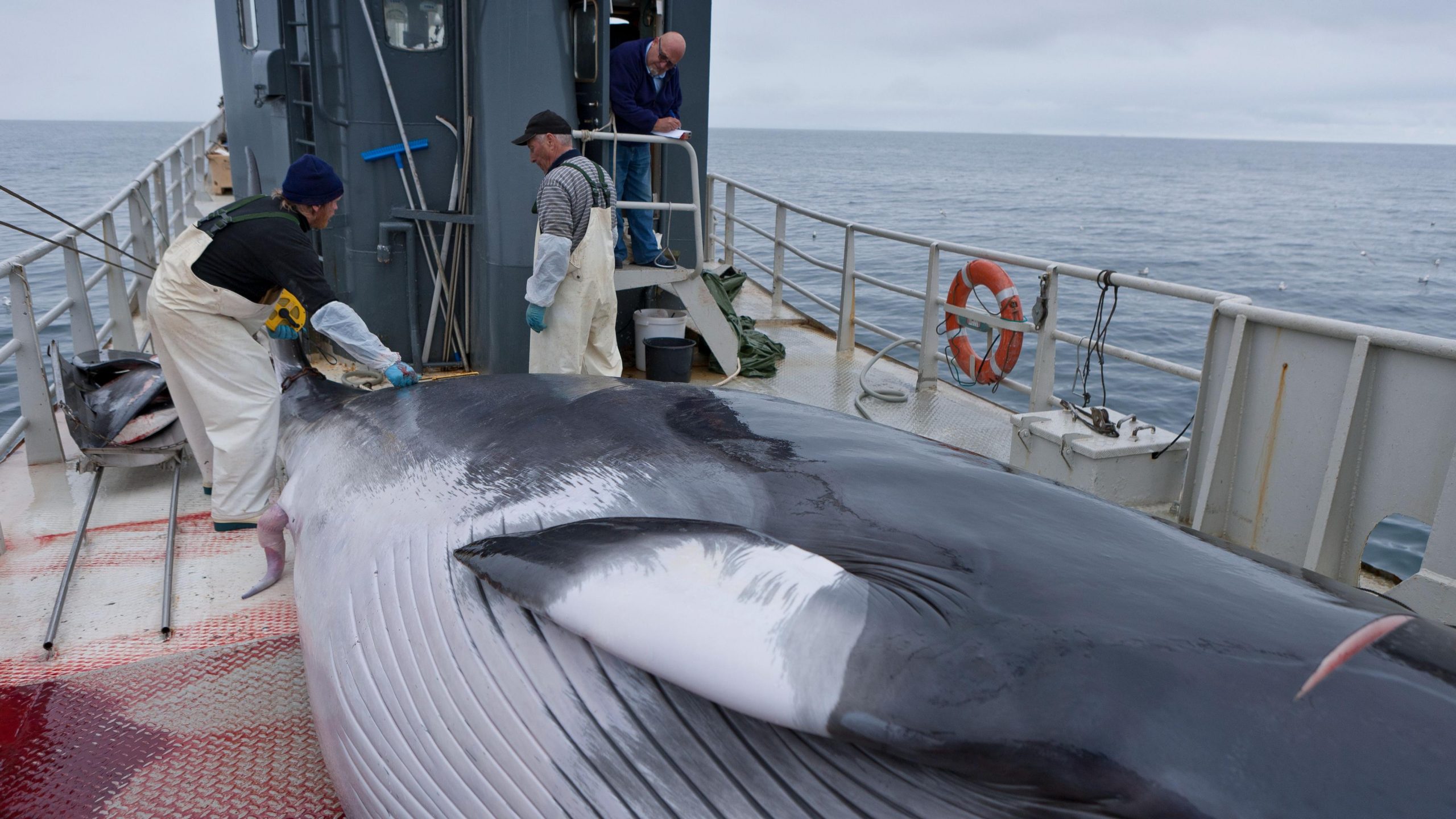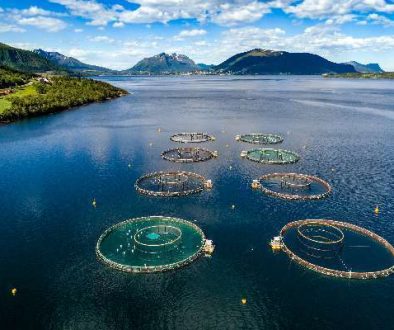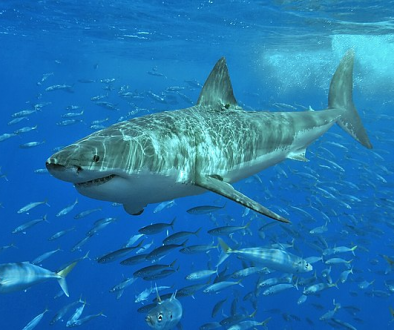Conflicting Traditions: The Whale Slaughter in the Faroe Islands and Japan

Whale hunting has been a controversial and emotional topic for decades, sparking debates about conservation, culture, and ethics. In particular, the whale slaughters in the Faroe Islands and Japan have drawn international attention, highlighting the tension between cultural traditions and animal welfare.
Faroe Islands: The Tradition of Grindadráp
The Faroe Islands, a Danish archipelago in the North Atlantic, are known for their peculiar and ancient tradition of whale hunting, known as “Grindadráp.” This practice, which dates back centuries, involves herding cetaceans into shallow bays and killing them en masse. In recent years, this ritual has faced global criticism due to its brutal nature.
During these hunts, the animals are pursued and, once cornered, their throats are cut with knives, a process that causes prolonged suffering. Activists and animal protection organizations have condemned this practice, arguing that, while it is part of local culture, it cannot be justified from an ethical or ecological standpoint.
Japan: Hunting in the Name of Science
In Japan, whale hunting has been defended under the pretext of scientific research, even though many critics argue that this justification is merely a disguise for an industry that continues to kill cetaceans in large quantities. The infamous hunt in the town of Taiji has been particularly controversial, showcasing heartbreaking images of dolphins and whales being captured and slaughtered.
Despite international pressure and protests, Japan has continued its hunting practices, claiming it is part of their culture and that the hunting methods are “humane.” However, the suffering inflicted on these animals raises questions about the true nature of this tradition and whether it can genuinely be considered humane.
A Call for Global Awareness
The whale slaughter, both in the Faroe Islands and Japan, serves as a reminder of the struggle between cultural tradition and ethical responsibility towards other species. As awareness about ocean conservation and wildlife protection grows, it is crucial for society to question our customs and consider whether it is justifiable to sacrifice lives for traditions that may not be sustainable in the 21st century.
The international community must unite to advocate for change. It is essential to support initiatives that promote the conservation of whales and other marine species, as well as educate about the importance of ocean ecosystems. The future of these majestic creatures depends on our actions today.
Conclusión
The cruel and savage slaughter of whales in the Faroe Islands and Japan is a topic that should not be ignored. The need for change is urgent, and every voice counts. Speaking out against these practices is a step towards a more compassionate and respectful future for the natural world.
Together, we can make a difference.



